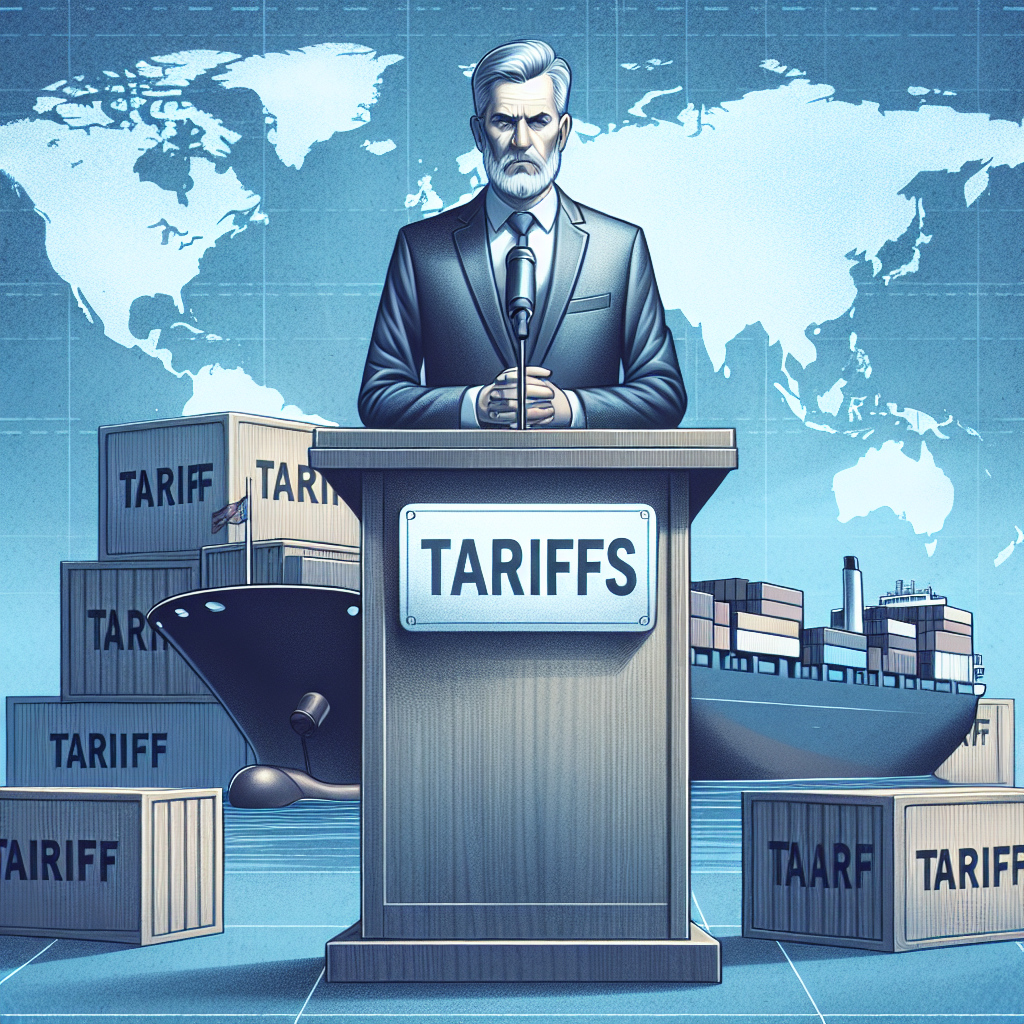German Economy Faces Historic Recession Amid US Tariffs
US tariffs threaten to push Germany, Europe's largest economy, into a third consecutive recession. Analysts highlight challenges in German trade and the need for structural reforms despite a significant fiscal stimulus. Future coalition government policies are crucial to reviving growth and competitiveness.

The recent announcement of tariffs by the United States is set to deliver a severe setback to the German economy, experts have suggested, potentially consigning the European economic powerhouse to a historically unprecedented third consecutive year of recession.
Germany, recognized as the United States' largest trading partner in Europe, recorded a staggering 70 billion euro trade surplus with the U.S. in 2024. With an economy heavily reliant on exports, Germany stands to be the most impacted European nation due to the escalating trade tensions. Marc Schattenberg, a senior economist at Deutsche Bank Research, has warned that 2025 may see heightened economic risks tilting towards continued recession.
The repercussions on German trade are anticipated to manifest in multiple ways, such as reduced exports to both the U.S. and China. Additionally, increased competition from new markets is expected as they attempt to fill the void left by reduced exports to the United States, according to Ifo expert Lisandra Flach. Despite a substantial fiscal stimulus plan spearheaded by Chancellor-in-waiting Friedrich Merz and the Social Democrats, analysts argue the effects may take time to materialize, pressing the necessity for more comprehensive structural reform.
(With inputs from agencies.)










